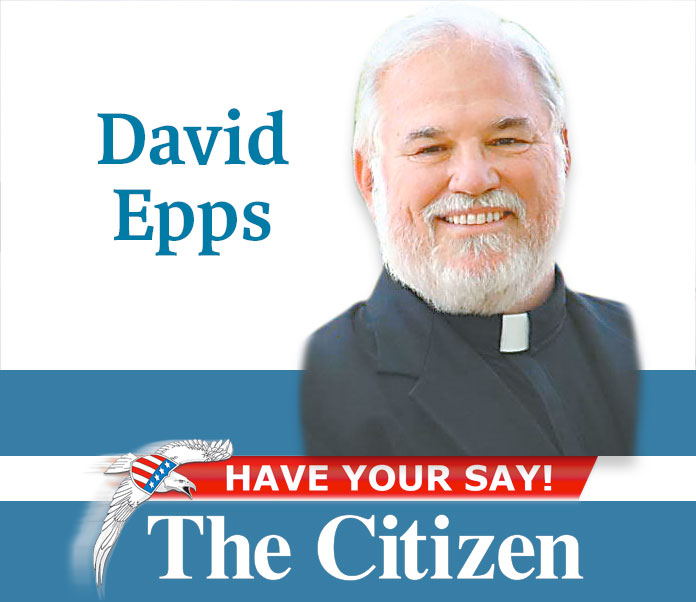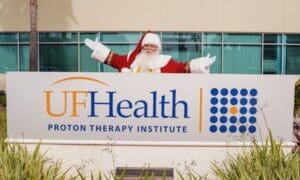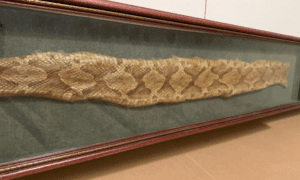He was different from many men that I had met in the past. He was humble, concerned about what others thought and felt, compassionate almost to a fault, generous, easy-going, and well-liked by all the people that I knew who knew him. He was a Christian man, although he would be the first to tell you that he was certainly not a perfect man.
He played softball for several seasons on his church-sponsored team in the church league, loved classic rock and roll and, and, at one time, he had quite a vinyl album collection. He sang on the church worship team, attended the men’s breakfasts, and was faithful to attend and to tithe. He was a doctor — a physician.
I can not remember how long ago I met Kent Ford but it seems as though I have always known him and his family. He was married to Leona for nearly all of their adult lives and together they had one child. I think Taylor was about 8 or 9 years old when I was introduced to her. She was her parent’s only child and had a very close relationship with her dad.
I didn’t know that Kent was a doctor when the family started coming to church. He simply introduced himself as “Kent Ford.” It wasn’t long before they simply joined in and made themselves at home. It seemed that Kent befriended just about every person he met. I don’t mean that he was an extrovert or someone who had to be the center of attention. Quite the opposite. If anything, Kent came across as somewhat shy, a bit reserved, and, at least at times, a bit insecure. Certainly not like most physicians I’ve met over the years.
Dr. Kent Ford was one of those people who went into medicine because he genuinely wanted to help people. It wasn’t unusual at all for people in our church who were without medical insurance to call upon Kent outside of office hours. He didn’t seem to mind. He patiently answered their questions, heard their concerns, gave them his best advice, and, if he felt the situation warranted, he would write them a prescription … all without charge and all while treating such people with great compassion and dignity.
Thinking he might resent being taken advantage of, I offered to discourage people from coming to him. He shook it off and told me if it got to the place where he felt bothered or put upon he would let me know. He never did.
He played softball for our church team and, though older at the time than most of the players, he played as if pro scouts were in the bleachers and gave it his all. One game, running from first base and headed for third, he rounded second and collapsed. His Achilles tendon had snapped and agonizing pain set in. Surgery followed and his softball career was over.
Kent loved singing in church and joined the worship team. His booming voice could often be heard as he enjoyed the music and the experience of worship. He was a regular at the men’s breakfast and easily made friends with men who genuinely liked Kent, not because he was a doctor, but because he was just a likable guy.
“Down to earth,” one man said. “The kind of guy you just trust,” said another. Periodically, if someone was looking for him, one would hear, “Is the good doctor around?”
He had an affection for those who were not always the beneficiaries of America’s prosperity. This was true of many of his patients in the area but his concern extended to other places as well.
When a medical mission trip to eastern Africa was offered, he was one of the first to sign on. He — and Leona and young Taylor — made the trip and served some of Africa’s poorest in some of the most primitive conditions imaginable.
When another trip was planned for one of the islands of the Philippines, the family signed up for that too. The dangers of an insurgency cancelled the trip but the team still sent $15,000 in medical supplies to the island, enabling Philippine medical personnel to conduct a most successful clinic among the island’s poor and underserved people.
A few years ago the family moved to South Carolina where a new chapter for the family began. Taylor grew up, graduated from the University of Georgia, and now works in Washington D. C. at the U.S. House of Representatives. Dr. Ford continued to work as a physician, sometimes being gone for several days at a time.
From time to time, however, he would show up at our church on Sunday morning and the worship director would offer him a place in front of a mike, which he often accepted. The last time, a few months ago when one of our elderly men in the church died, Kent came for the funeral. When someone asked him how he was doing, he gave that big smile that was so familiar and said, “I’m just living the dream!”
It was last Thursday morning when the telephone call came to the church office. On his way home from treating patients the previous evening, about an hour from home, Dr. Kent Ford was killed in a car wreck.
Sometimes you can prepare for bad news and sometimes the shock and grief can be mitigated. But sometimes it cannot. We were stunned. A few people were meeting at the church for prayer and I immediately asked them to pray for Leona and Taylor. The church prayer team was also activated. And then I called Kent’s wife. Before we hung up, we were both crying. Even though the family had been moved away for a few years, they were still our family. They were still our dear friends. Distance and time cannot erase some bonds. After the phone call, I sadly notified the rest of the church family.
The Book of Common Prayer says, “The liturgy for the dead is an Easter liturgy. It finds all its meaning in the resurrection. Because Jesus was raised from the dead, we, too, shall be raised. The liturgy, therefore, is characterized by joy … this joy, however, does not make human grief unchristian. The very love we have for each other in Christ brings deep sorrow when we are parted by death…”
So, we have joy and we also have sorrow. I am glad that grief is not unchristian because I have plenty of it. Heaven has gained a man who, by his own admission, was not a perfect man, but, rather a man who trusted in the grace and mercy of the One who is perfect, Jesus Christ. But to us, he was a fine man, a compassionate man, a genuinely nice man. He was a good man. He was a Christian man. He was our Good Doctor. He was my friend.
[David Epps is the Rector of the Cathedral of Christ the King (www.ctk.life). During the crisis, the church is live streaming at 10:00 a.m. on Sundays at http://www.facebook.com/cctksharpsburg/ He is the bishop of the Diocese of the Mid-South. He may contacted at [email protected].]











Leave a Comment
You must be logged in to post a comment.